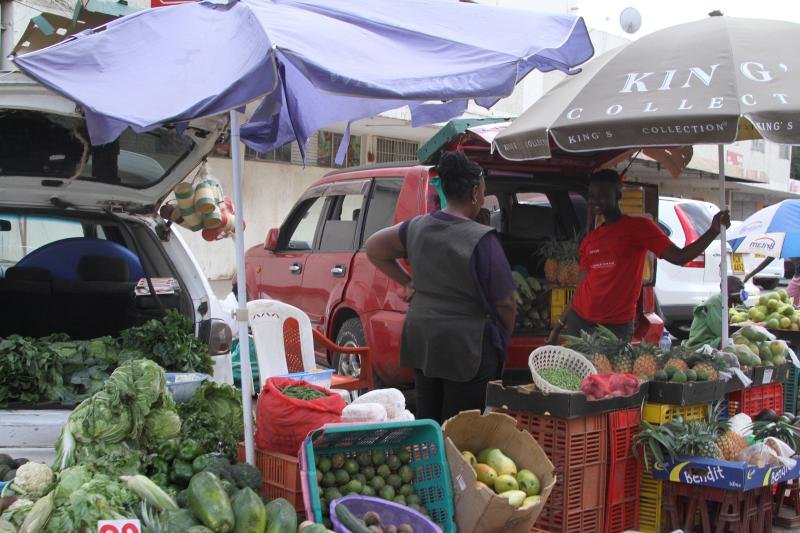In its latest national survey on a range of economic and political issues released on Wednesday, 28 May, TIFA reveals that 54 per cent of Kenyans do not support broad-based government.
Despite entering a political deal with the Orange Democratic Movement leader Raila Odinga that was hailed as a democratic milestone expected to bear fruit through broad-based government, the survey paints a gloomy picture of the Kenya Kwanza administration. According to TIFA, it is quickly becoming apparent that Odinga will return to the opposition and run for president in 2027.
The report shows that 54 per cent of Kenyans oppose the political agreement between Ruto and Raila, which implicates the current government. Only 20 per cent of Kenyans believe the 2027 elections will be free and fair, 22 per cent support the agreement, and 25 per cent remain unsure despite declining trust in the forthcoming general election.
Regionally, people living in the Northern and Central Rift zones have the most positive views on the country’s trajectory (32 per cent and 28 per cent respectively). The latter was expected, as it is President Ruto’s stronghold.
The Northern region’s second-place ranking is less clear, though the President’s recent announcement that national IDs will now be issued to residents there without extra and time-consuming vetting may partly explain this, TIFA says.
The ‘right direction’ ratings are quite low elsewhere, with the most negative ratings coming from residents in Lower Eastern, Mt. Kenya and Nairobi, where 81 per cent believe the country is headed in the ‘wrong direction.’
The survey, released as the country awaits the final results of the 2025/26 budget due in June, also shows that the rise in the cost of living is the leading reason for the perception that the country is going in the wrong direction (45 per cent), followed by poor leadership (11 per cent), unemployment (10 per cent), with human rights abuses and corruption tied at 8 per cent each.
Reactions to the national survey are mixed, with 75 per cent of respondents saying Kenya is on the ‘wrong’ path. This is five times higher than the 14 per cent who hold a positive view, while the remaining 11 per cent either have no clear opinion or are unwilling to express one.
A small number of respondents (14 per cent) consider the country’s direction ‘right,’ with the most common reason being a reduction or at least a slowing in the rate of increase in the cost of living (27 per cent), followed by infrastructure projects (11 per cent) and effective leadership (8 per cent).
Additionally, the cost of living was cited four times as often as poor leadership (44 per cent vs. 11 per cent).
This most recent national survey establishes a baseline that will enable TIFA to monitor shifts in Kenyans’ sentiments as the country begins to focus on the upcoming general election, now less than two years away.


